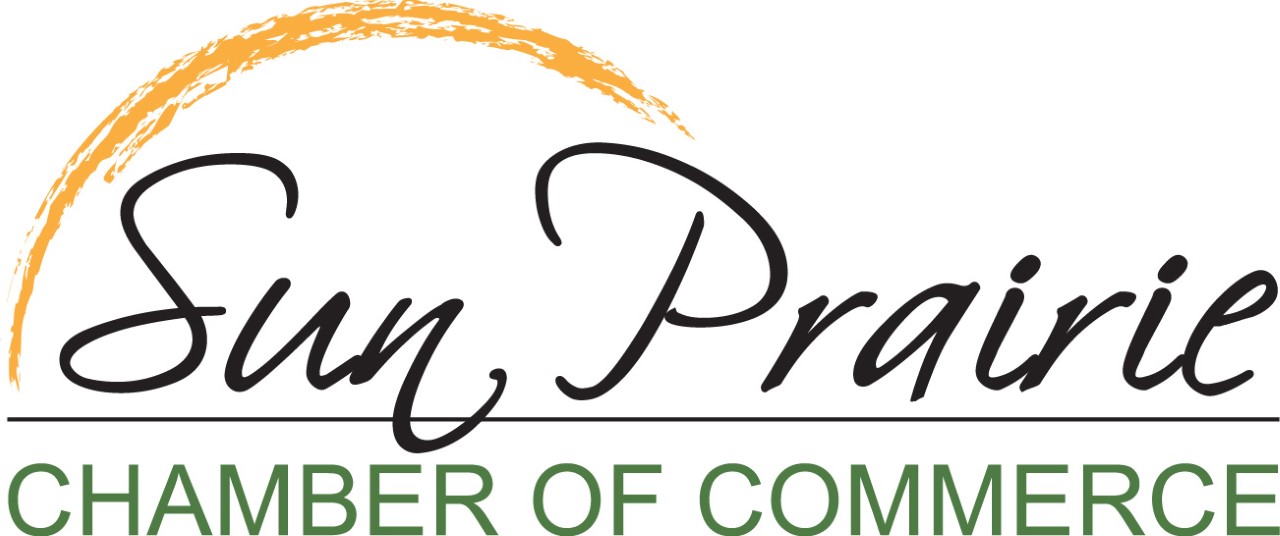The Benefits Race: How Forward-Thinking Employers Are Rethinking Workplace Perks
There was a time when health insurance, a 401(k), and maybe a ping pong table in the break room checked every box for what defined a solid employee benefits package. That model no longer cuts it. In a labor market increasingly defined by choice, employers are rewriting the rules of what it means to support their people—not just to recruit talent, but to keep it. What's emerging isn't just about better benefits—it's about rethinking the role of the workplace in everyday life.
Rethinking Flexibility Beyond Remote Work
The conversation around flexible work has matured. It's no longer just about where someone logs in, but when and how they work. Some companies are testing asynchronous schedules that allow team members to design their workday around their personal energy peaks, caregiving responsibilities, or creative rhythms. Others are offering true four-day workweeks—not cramming 40 hours into fewer days, but rewriting the workweek altogether—to support mental clarity and long-term sustainability.
Unlimited PTO Isn't the Point Anymore
Unlimited vacation used to sound like a dream, until workers realized that in high-pressure environments, they weren’t taking time off at all. Savvy employers are now flipping that script by requiring employees to use a minimum number of days off or offering bonus incentives for actually disconnecting. One media startup went further, scheduling monthly “disconnect days” when the entire team goes offline to encourage guilt-free rest. In effect, rest is being reframed not as a luxury, but as a critical part of output.
Clarity That Lives on Paper
Putting benefits into action means more than just announcing them—it means documenting them in a way that’s clear, detailed, and easy to reference. That starts with creating a centralized document that outlines every offering, complete with eligibility requirements, how to access each benefit, and any restrictions or limitations that may apply. To keep things organized and consistent, save all benefits documents as PDFs and distribute them through your internal hub or onboarding channels. If updates are needed down the line, consider this: using a PDF editor makes edits seamless without starting from scratch.
Financial Wellness Gets a Personal Touch
There's been a subtle but powerful shift in how companies are approaching financial support. Instead of one-size-fits-all retirement plans, employers are pairing staff with financial coaches who tailor strategies to personal goals—whether it's buying a home, climbing out of debt, or launching a side business. A few companies are even offering student loan matching, similar to retirement matching, showing a willingness to meet employees where they are financially. The goal is stability, but also empowerment—the ability to plan a life, not just make a living.
Mental Health Isn't Just a Hotline
The old model of employee assistance programs—anonymous hotlines and occasional therapy reimbursements—feels like a half-hearted gesture in today’s emotionally complex world. Now, some organizations are embedding licensed therapists or life coaches into their teams, available for weekly office hours just like any other department lead. Others are hosting facilitated conversations around grief, burnout, and trauma, breaking the long-held taboo of emotions in the workplace. It's not performative wellness; it's a genuine attempt to address the human experience of work.
Family Support That’s Actually Supportive
For years, parental leave policies were barely better than an afterthought. Today, companies that want to compete are going beyond standard leave with reintegration coaching, flexible return dates, and even on-demand child care subsidies. Care benefits are expanding beyond parenting—covering elder care and even pet adoption leave—as employers start recognizing the broader ecosystem of responsibilities that shape modern life.
Learning and Growth That Doesn’t Feel Like Homework
Employees aren’t just choosing jobs—they're curating careers. Employers that understand this are moving beyond conventional training modules to offer personalized learning budgets, mentorship sabbaticals, and internal “talent marketplaces” that let employees explore different roles within the organization. Some are even partnering with external platforms to provide courses in entirely new fields, encouraging career pivots instead of punishing them. The message is clear: grow here, or grow out—but growth is non-negotiable.
What’s emerging isn’t just a fresh batch of perks—it’s a shift in the unspoken agreement between employer and employee. People want to work for places that feel less like corporate machines and more like thoughtful, evolving communities. The companies setting the new standard are those willing to meet employees as whole humans, not just job titles. In doing so, they’re not just retaining talent—they’re redefining what the modern workplace can be.
Unlock exclusive benefits and elevate your business by joining the Sun Prairie Chamber of Commerce, where dynamic networking and growth opportunities await you!

